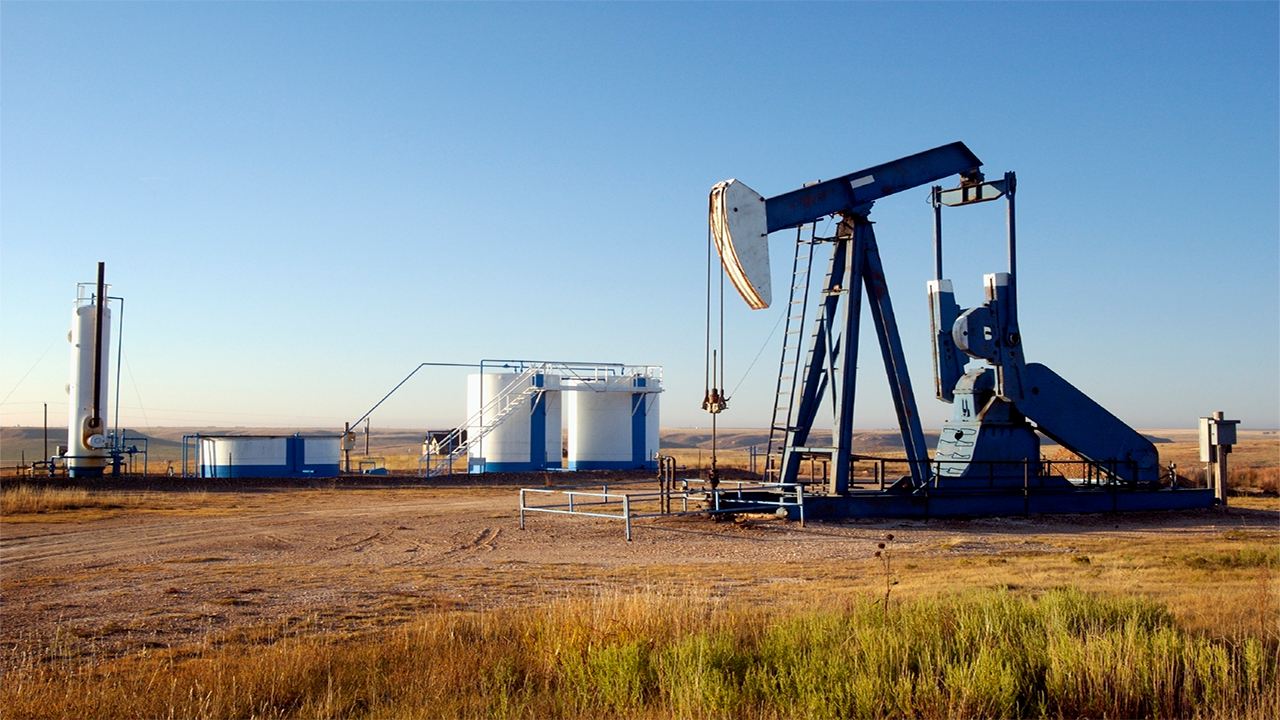Oil prices on Monday dipped as the U.S. Federal Reserve officials’ comments showed a cautious approach to interest rate adjustments.
The dip in prices reflects concerns over the outlook for global economic growth and its implications for energy consumption in the world’s largest economy.
Brent crude oil, against which Nigerian oil is priced, slipped by 7 cents or 0.1% to $82.72 per barrel while U.S. West Texas Intermediate crude oil stood at $78.21 per barrel, a 5 cents decline.
Auckland-based independent analyst Tina Teng highlighted that the oil market’s focus has shifted from geopolitical tensions in the Middle East to the broader world economic outlook.
Concerns arose as China’s producer price index (PPI) contracted in April, signaling continued sluggishness in business demand.
Similarly, recent U.S. economic data suggested a slowdown, further dampening market sentiment.
The discussions among Federal Reserve officials regarding the adequacy of current interest rates to stimulate inflation back to the desired 2% level added to market jitters.
While earlier in the week, concerns over supply disruptions stemming from the Israel-Gaza conflict had provided some support to oil prices, the attention has now turned to macroeconomic indicators.
Analysts anticipate that the U.S. central bank will maintain its policy rate at the current level for an extended period, bolstering the dollar.
A stronger dollar typically makes dollar-denominated oil more expensive for investors holding other currencies, thus contributing to downward pressure on oil prices.
Furthermore, signs of weak demand added to the bearish sentiment in the oil market. ANZ analysts noted that U.S. gasoline and distillate inventories increased in the week preceding the start of the U.S. driving season, indicating subdued demand for fuel.
Refiners globally are grappling with declining profits for diesel, driven by increased supplies and lackluster economic activity.
Despite the prevailing challenges, expectations persist that the Organization of the Petroleum Exporting Countries (OPEC) and their allies, collectively known as OPEC+, may extend supply cuts into the second half of the year.
Iraq, the second-largest OPEC producer, expressed commitment to voluntary oil production cuts and emphasized cooperation with member countries to stabilize global oil markets.
However, Iraq’s suggestion that it had fulfilled its voluntary reductions and reluctance to agree to additional cuts proposed by OPEC+ members stirred speculation and uncertainty in the market.
ING analysts pointed out that Iraq’s ability to implement further cuts might be limited, given its previous shortfall in adhering to voluntary reductions.
Meanwhile, in the United States, the oil rig count declined to its lowest level since November, signaling a potential slowdown in domestic oil production.
As oil markets continue to grapple with a complex web of factors influencing supply and demand dynamics, investors and industry stakeholders remain vigilant, closely monitoring developments and adjusting their strategies accordingly in an ever-evolving landscape.

 Naira4 weeks ago
Naira4 weeks ago


 Naira4 weeks ago
Naira4 weeks ago




 Naira4 weeks ago
Naira4 weeks ago




 Naira3 weeks ago
Naira3 weeks ago
 Commodities4 weeks ago
Commodities4 weeks ago


 News4 weeks ago
News4 weeks ago
 Travel4 weeks ago
Travel4 weeks ago




 Naira3 weeks ago
Naira3 weeks ago





















